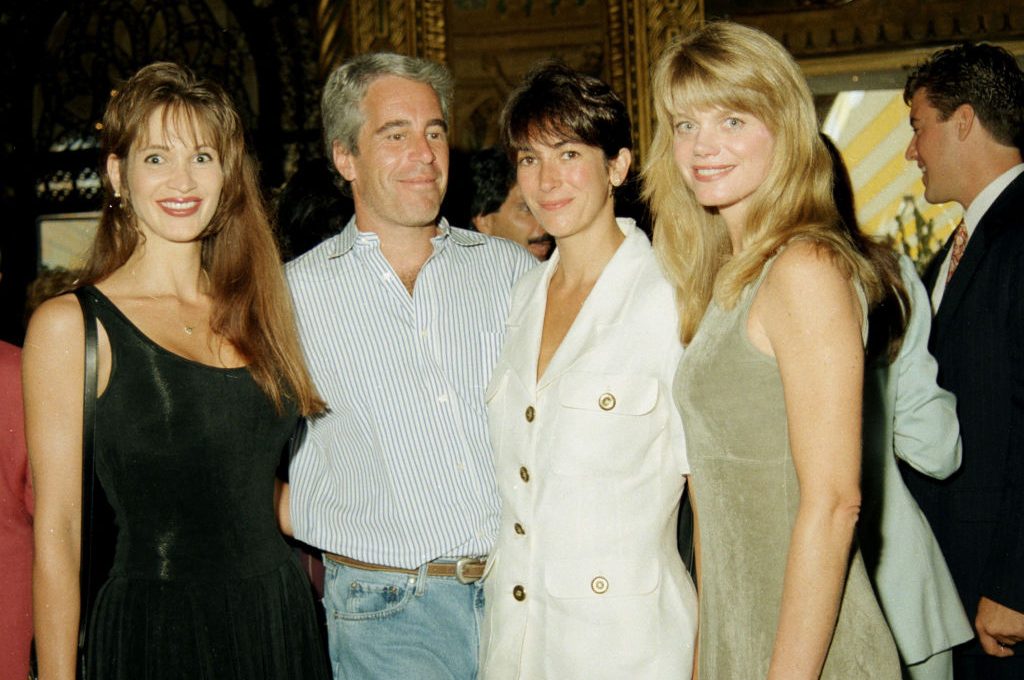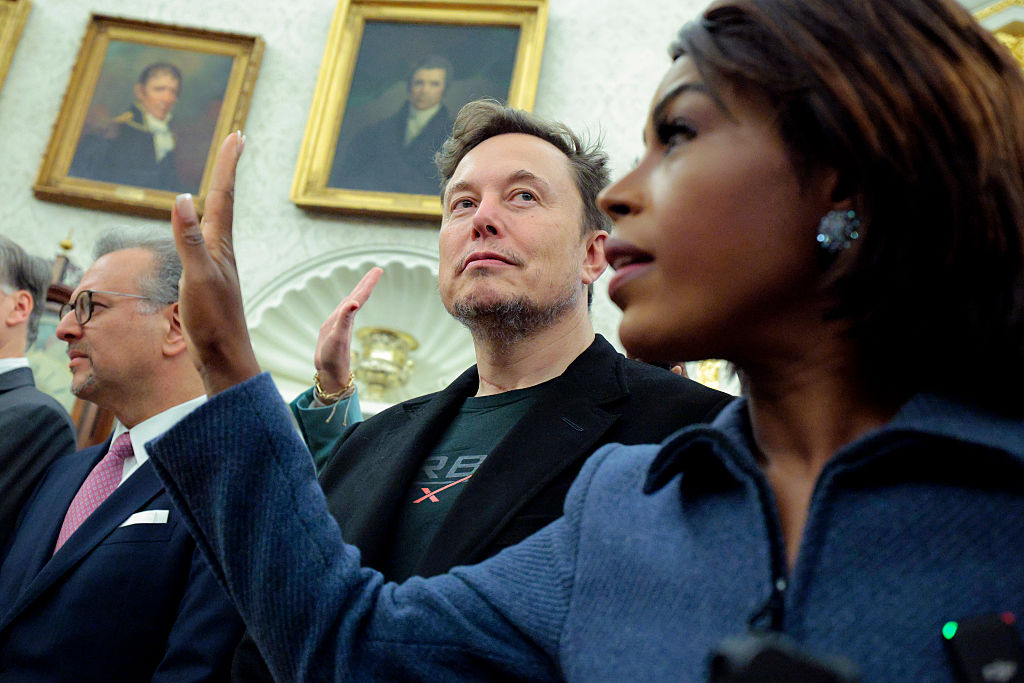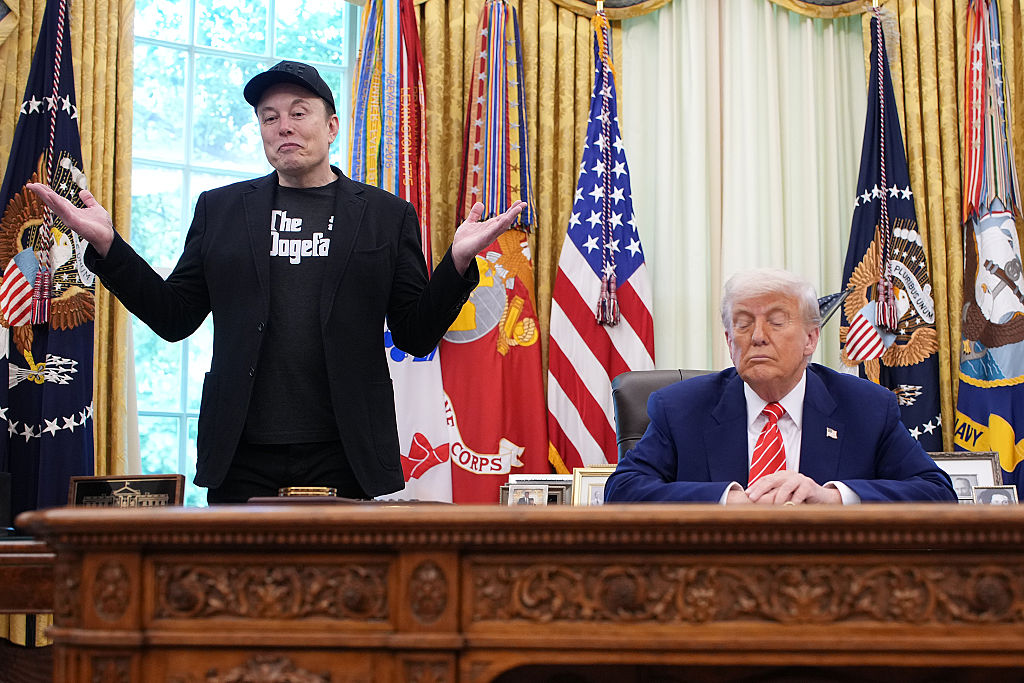A lot of people dream of having what is known as “screw you” money. In my observation, this is not simply in order to be able to live in a castle or own Ferraris or Van Dycks, or whatever is your wont. It is in order to be able to say those fine, demotic words to whomever you like.
It should be noted that most people dream of saying the words to someone who is perceived to be above them: someone to whom they might once have been subservient in some way. A boss, for instance.
Yet one of the strangest things about the mega-rich is that they do not actually say “screw you” when they ought to. A couple of years ago, I was being interviewed in front of an audience made up of the world’s mega-rich and I asked them: “What is the point of having ‘screw you’ money if you never say ‘screw you?’”
What is the point of being the world’s richest man if you are not allowed to tell people where to go?
I raised this question because in my observation many CEOs, high-net-worth individuals and others live in absolute fear — not least of their junior staff.
Perhaps some of them are in Jeffrey Epstein’s phone book. But I suspect there are other reasons. Social status and prestige are paramount — perhaps especially — for the mega-rich. Maybe there is also the feeling that the manners and morals of the era are shifting around everyone, and even the super-rich should do everything they can not to get on the wrong side of that shift.
Happily the occasional person comes along who uses their bucks to buck that trend. Elon Musk is the most obvious example. Until he bought Twitter, Musk was one of the most admired people on the planet. With Tesla, he has probably done more than most to help the environment.
But the left loathes an apostate and they had always assumed Musk was one of theirs. Perhaps he was. When he turned out to have woken up to many of the madnesses of the era and actually put his money where his mouth was by taking over one of the major social media platforms (and adjusting some of the strange behind-the-scenes levers that had hidden right-of-center voices on the platform), he suddenly became the devil.
Fortunately Musk is not easily intimidated, and at a live interview in front of many powerful investors in November, he actually said a version of my longed-for words. When asked what he had to say to advertisers threatening to boycott Twitter (now called X) because of crock allegations against the platform, he replied: “If somebody is going to try to blackmail me with advertising, blackmail me with money — go fuck yourself.”
The audience in the hall were aghast, perhaps because he had singled out the ghastly CEO of the declining company Disney, who had just joined such a boycott. I, for one, was filled with admiration. What is the point of being the world’s richest man if you are not allowed to tell people where to go when they try to intimidate you?
For a while I thought Musk would stand alone. But lately a number of other people have joined him, such as Bill Ackman, an American billionaire and graduate of Harvard. Even someone who has been in a tunnel in recent weeks might have heard that that university has been in a certain amount of trouble lately, specifically relating to the fall from grace of its president, Claudine Gay. After a catastrophic appearance before a congressional hearing into antisemitism on college campuses late last year, Gay’s long-known plagiarism problems finally came into a brighter light.
For someone leading perhaps America’s most famous educational institution, Gay is terrifically unqualified. She has authored no books and published only eleven academic articles. These papers, as well as being supremely unimportant, also turned out to be largely plagiarized. Seven hundred members of the Harvard faculty supported her, as though plagiarism is of no consequence these days. But they weren’t really supporting her work, for she has essentially published no work; they were supporting their DEI hire. For, despite being from a privileged background, Ms. Gay is a black woman. And her surname is even Gay. So the faculty — and presumably she — believed she was unfireable. What she should have been, due to her lack of academic achievement, was unhireable. But Harvard, like many other elite institutions in the US, no longer believes in excellence but in identity, which trumps all.
One person who thought it shouldn’t was Ackman, who disclosed that he was aware of a billion dollars of donations from others that have been withheld from his alma mater, until such a time as it became a place of academic excellence again — preferably without the anti-Jewish animus it has exuded of late. As a result, Ackman has had the full force of the “social justice movement” turned on him, and in the past week this always vicious lobby has extended its assaults to attacks on his wife, Neri Oxman. In addition to the usual smears, a rump publication called Business Insider decided to lob plagiarism accusations against Ackman’s wife in rather obvious revenge.
Unlike the accusations against Gay, these seem to amount to Oxman failing to put quotation marks around three quotations in her 2010 PhD dissertation. Naturally, the publication did not give her time to respond before publishing its claims.
Until recently, such a counterassault would not have been so transparent. One way in which social media has changed the landscape is that it has allowed people to expose such hit-jobs in real time. The tools of the game have changed. And so Ackman is on the warpath.
I notice that Joey Barton is also having a good start to the season and I applaud it. For if the rich cannot withstand tides that would flatten the rest of us, what is the point of them? Especially when — unlike Canute’s — this tide is so easy to face down.
This article was originally published in The Spectator’s UK magazine. Subscribe to the World edition here.


























Leave a Reply